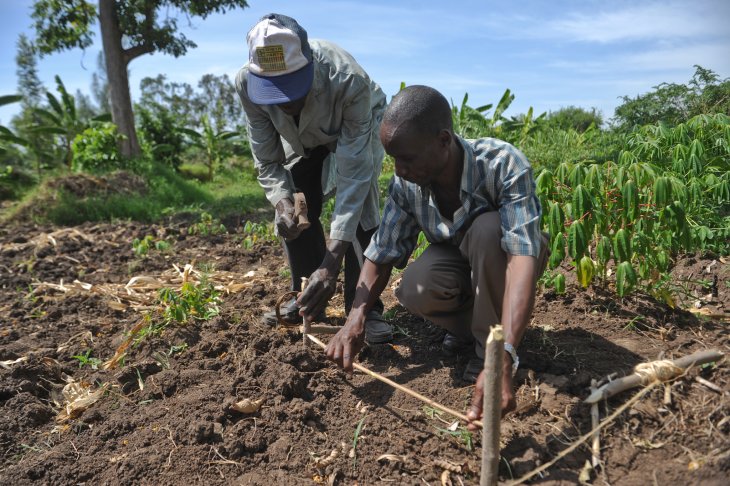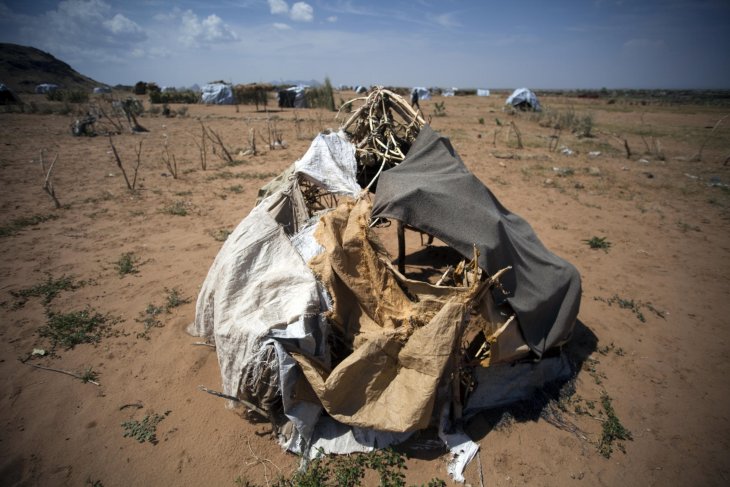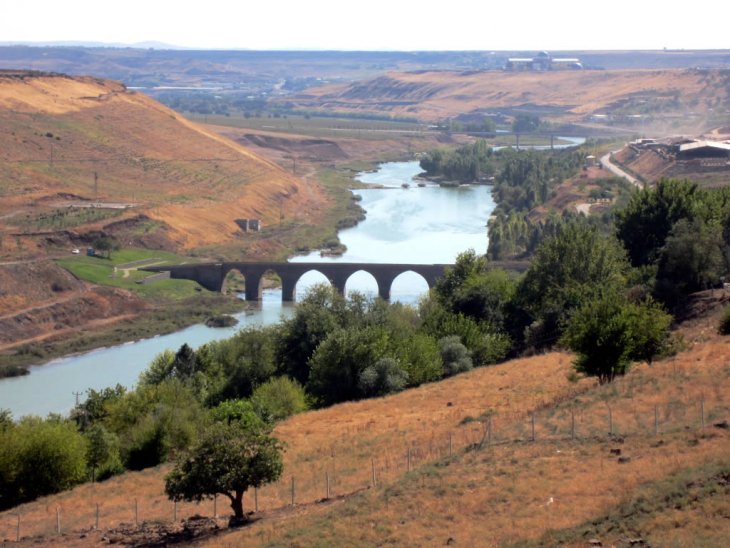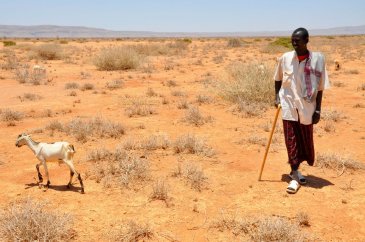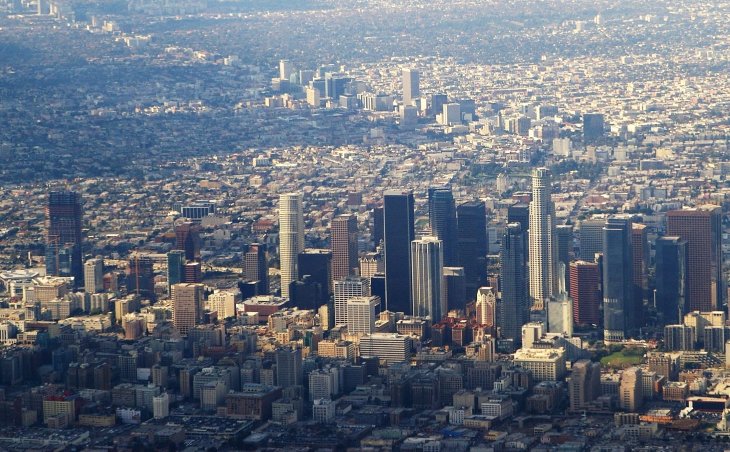
The City of Los Angeles- Photo: Ron Reiring / Flickr /CC BY 2.0.
The Human Security Link
The sustainability of cities depends on the human security of new migrant populations. Human security, in this context, means the ability and real prospect of living a meaningful life. A shorthand for human security is ‘freedom from want and freedom from fear’. Many migrant populations globally face significant insecurity in their material wellbeing as well as social exclusion and exposure to crime, environmental hazards and other dimensions of precarity. Freedom from want and fear encapsulates, therefore, many of these aspects of the human security challenge in growing cities.
Our hypothesis that sustainability of cities is related to the human security of migrants is based on two principal observations. First, it is the population dynamics of migration that drives urbanization processes in rapidly growing cities. Second, migrant populations are critical because they are potential agents of change, even in circumstances where they are economically and politically marginalised.
Do cities grow because of migration? The large majority of people currently living in the most rapidly growing cities, ranging from Lagos to Dhaka to Manila, were not born there, but they moved there either as individuals or with their parents. These people are known as lifetime migrants: up to ninety percent of the population of some large metropolises are in effect in this category. Population estimates of growing mega-cities across Asia and Africa have very significant uncertainty. Estimates come from decadal censuses and nightlight estimates, but are notoriously unreliable. In effect this is because migrants move to cities at rates that are difficult to measure. For Dhaka in Bangladesh, for example, population growth rates suggest that perhaps 1000 extra people arrive in Dhaka every day that were not there the day before.
Read More

